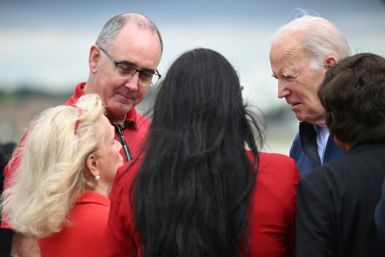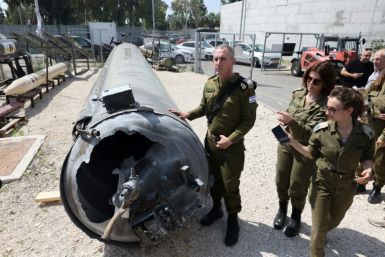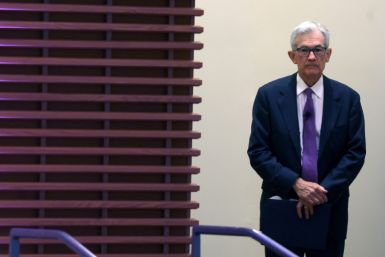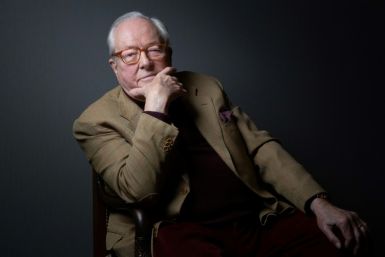World Egg Bank offers advanced testing method that identifies 6,000 mutations in more than 600 genes
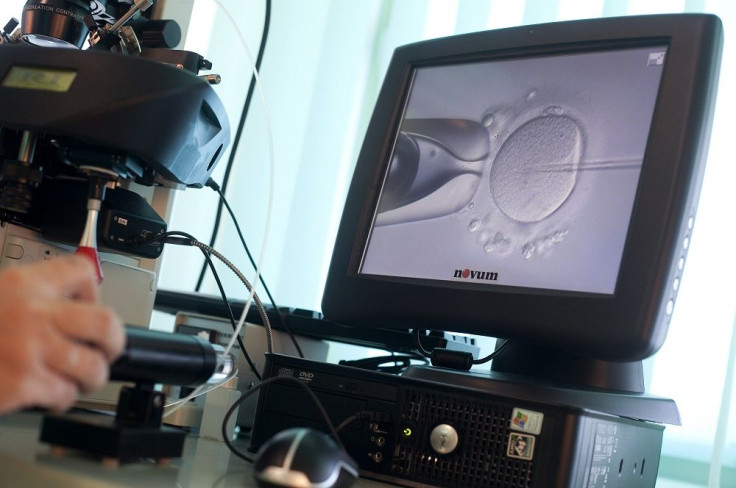
A partnership with Igenomix has allowed the World Egg Bank to offer to couples seeking eggs for IVF procedure to undergo a new genetic testing that identifies 6,000 mutations in more than 600 genes. The mutations are the cause of 20 percent of baby deaths in developing nations and 10 percent of young children’s hospitalisation.
Through the use of the Carrier Genetic Test, or CGT, couples who seek egg donation are matched with a donor who does not have the same gene mutations as the father. That would help avert the future baby from being infected with one of the over 600 genetic disorders.
Among the examples of the disorders are Gaucher’s disease, cystic fibrosis and muscular spinal atrophy. The test also detects X-linked disease mutations present in about 2 percent of women. That is possible because the test uses next-generation DNA sequencing that provides a highly accurate analysis of the mother and father’s NA and uses multiple reads that offers higher mutation detection rates and lesser missed carriers in comparison to older and traditional technology.
World Egg Bank Scientific Director Dr Kimball Pomeroy explains, “Patients want to reduce as much as possible the probability of having a child born with a genetic disease and this technology provides that.”
If the parents do not undergo genetic testing, there is 1 in 100 chance that their baby would suffer from a genetic ailment. If they go through the CGT, the chance is reduced to 1 in 100,000. World Egg Bank CEO and founder Diana Thomas says the firm is the first in the US to offer future parents the test to help prevent birth defects and diseases.
The Arizona-based company, which ships its donor eggs to Australia, Canada, UK, US and other nations, is participating in the annual conference of the Fertility Society of Australia in Canberra on Sept 13 to 18. It would also take part in the yearly gathering of the American Society of Reproductive Medicine in Baltimore on Oct 17 to 21 and the Fertility Show in London on Nov 7.
An egg donor shared with Forward that she was paid $3,500 for her eggs which is higher than the usual rate because she is Jewish. Her eggs went to a Beverly Hills couple in their 40s. The egg is then mixed with the man’s sperm and using IVF reinjected into her womb until she gives birth. After the birth, the baby is turned over to the couple, and like a regular adoption procedure, the biological mother losses contact with the new parents and the baby.
Contact the writer at feedback@ibtimes.com.au or tell us what you think below



